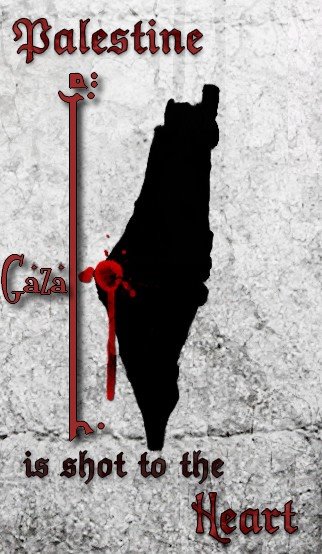
 Album :
Album :Tribute to a Master of the Buzuq
ثـــنــــاء لــرائـــد الــبــزق
Hommage á un Maître du Buzuq
Enregistrements effectués à Beyrouth en 1972 au Théâtre de Beyrouth.
تــســجـيــل مــبـاشــر في مــســرح بـيــروت بـتـاريـخ 1972 ء
Recordings made in Beirut in 1972 at the Theater of Beirut.
♪
Artist :
Matar Muhammad مــطـــر مـحــمـــد
♪
Index :
Booklet الــكــتــيــّـب Livret
♪
Language : Instrumental
♪
Country : Lebanon لبنان
♪
Melodies :
[.01.] Maqâm Bayât al-nawâ مــقــام بــيــاتـي الــنــوى
• The maqâm bayâti is with the maqâm rast one of the most typical of Arab music. Its theoretical scale is based on D (dugâh), but Matar Muhammad here transposes it on G (nawâ). In the course of his improvisation, he introduces modulations (talwîn) in the saba, nahawand and huzâm modes.
• Le maqâm bayâti est avec le maqâm rast l’un des plus représentatifs de la musique arabe. Son échelle théorique est fondée sur le ré (dugâh), mais Matar Muhammad la transpose ici sur le sol (nawâ). Dans le cours de son improvisation, il introduit des modulations (talwîn) dans les modes saba, nahawand et huzâm.
[.02.] Maqâm Atar kâr مــقـام أثــر كــار
• Introduction, theme and variations. This extremely rare and chromatic maqâm would seem to belong to a popular tradition. Some experts consider it as derived from the maqâm bayâti. Its hindustani character reminds us here of the Indian origins of the Gypsy people. To play it, Matar Muhammad tunes his instrument an octave lower than he usually does.
• Introduction, thème et variations. Ce maqâm très rare et très chromatique semble appartenir à la tradition populaire. Certains spécialistes le considèrent comme un dérivé du maqâm bayâti. Son caractère hindoustani vient rappeler ici les origines indiennes du peuple gitan. Pour le jouer, Matar Muhammad accorde son instrument une octave plus bas que la normale.
[.03.] Maqâm Hijâz kâr مــقـام حــجــاز كــار
• Throughout this improvisation, Matar Muhammad succeeds in maintaining the interest of his public in confining himself, with a few exceptions, to exploiting the hijâz kâr mode.
• Tout au long de cette improvisation, Matar Muhammad parvient à maintenir l’intérêt de son public en se cantonnant, à quelques exceptions près, à l’exploitation du mode hijâz kar.
[.04.] Maqâm Bayâti مــقــام بـيــاتـي
• After the introduction of a popular theme, the artist abandons himself to a kind of rash (continuous flow) on a variation of the maqâm bayâti and on the maqâm sikâh and saba.
• Après l’introduction d’un thème populaire, l’artiste se livre à une sorte de rash (jet conti-nu) sur une variante du maqâm bayâti ainsi que sur les maqâm zangulah et saba.
.
♪
♪ Download From Here. [124 Mo] ♪
♪
.
























































































